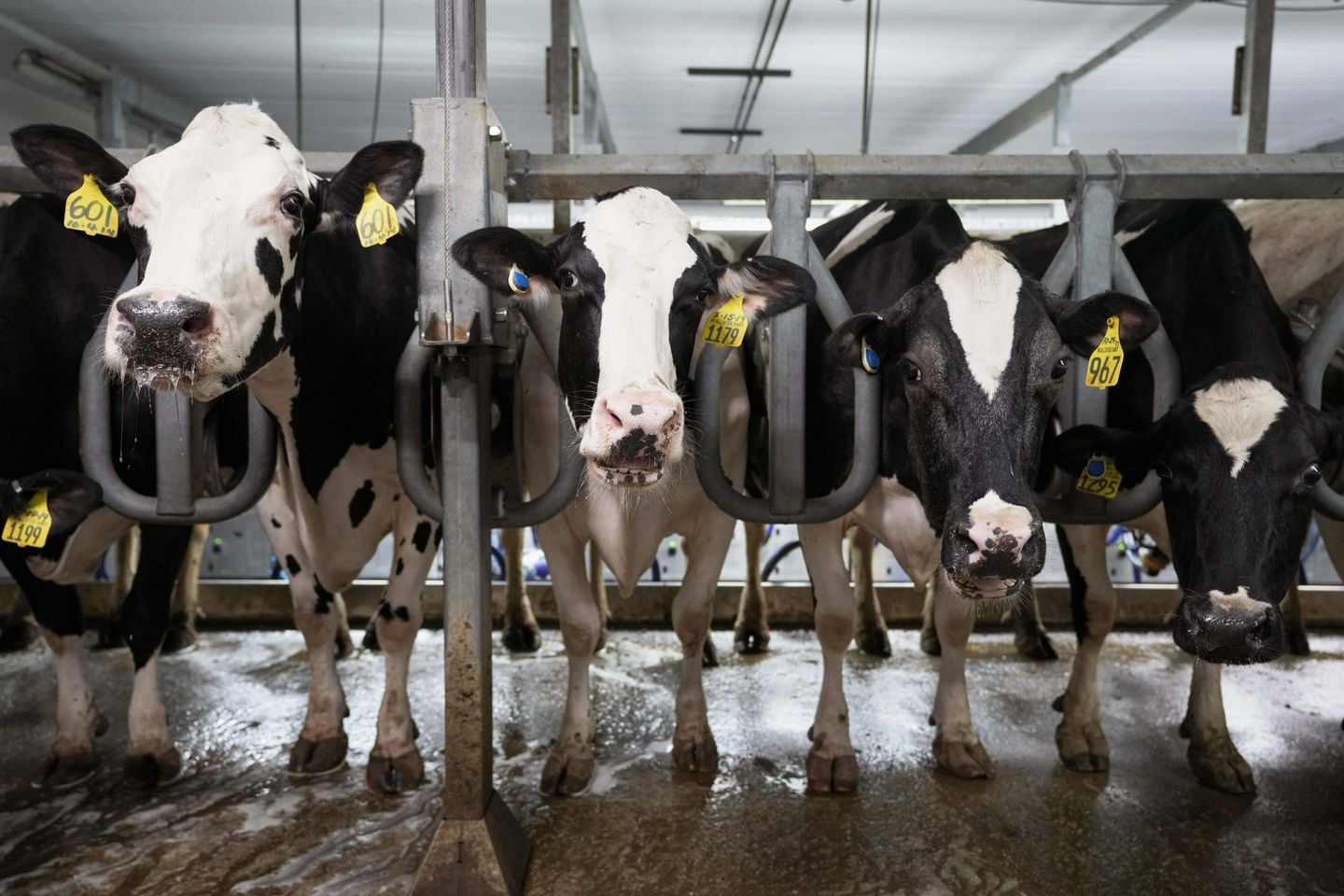The U.S. government recently made the decision to order testing of the nation’s milk supply for bird flu in an effort to better monitor the spread of the virus in dairy cows. This decision comes as concerns about the potential impact of bird flu on the country’s food supply continue to grow.
The move to test the milk supply for bird flu is part of a broader effort by the government to track the spread of the virus and prevent its transmission to humans. The decision was made in response to growing concerns about the potential impact of bird flu on the nation’s dairy industry, which produces a significant portion of the country’s milk supply.
The testing of the milk supply for bird flu will be carried out by the U.S. Department of Agriculture (USDA), which is responsible for monitoring the safety and quality of the nation’s food supply. The USDA will work in collaboration with state and local health departments to collect samples of milk from dairy cows across the country and test them for the presence of the virus.
The decision to test the milk supply for bird flu comes as the virus continues to spread among poultry flocks in the U.S. and other countries around the world. While the virus has not yet been detected in the nation’s dairy cows, there are concerns that it could potentially be transmitted to humans through the consumption of contaminated milk.
The testing of the milk supply for bird flu is just one of several measures that the government is taking to prevent the spread of the virus and protect the nation’s food supply. In addition to testing the milk supply, the USDA is also working to increase biosecurity measures on dairy farms and educate farmers about the importance of proper hygiene and sanitation practices.
The decision to test the milk supply for bird flu has been met with mixed reactions from dairy farmers and industry experts. Some have praised the government for taking proactive steps to protect the nation’s food supply, while others have raised concerns about the potential impact of the testing on the dairy industry.
Despite the concerns, the USDA has stated that the testing of the milk supply for bird flu is necessary to ensure the safety and quality of the nation’s food supply. The agency has also emphasized that the testing will be carried out in a manner that minimizes disruptions to the dairy industry and ensures that farmers are able to continue producing milk for consumers.
As the testing of the milk supply for bird flu gets underway, the USDA is urging dairy farmers and consumers to remain vigilant and take steps to prevent the spread of the virus. This includes practicing good hygiene, avoiding contact with sick birds, and reporting any signs of illness in dairy cows to the appropriate authorities.
Overall, the decision to test the nation’s milk supply for bird flu is a proactive measure aimed at protecting the safety and quality of the nation’s food supply. While there are concerns about the potential impact of the testing on the dairy industry, the USDA has emphasized that the health and well-being of consumers remains their top priority.
In conclusion, the testing of the milk supply for bird flu is an important step in the government’s efforts to monitor and prevent the spread of the virus in dairy cows. By working collaboratively with state and local health departments, the USDA is taking proactive steps to ensure the safety and quality of the nation’s food supply. As the testing gets underway, it is important for dairy farmers and consumers to remain vigilant and take steps to prevent the spread of the virus.









